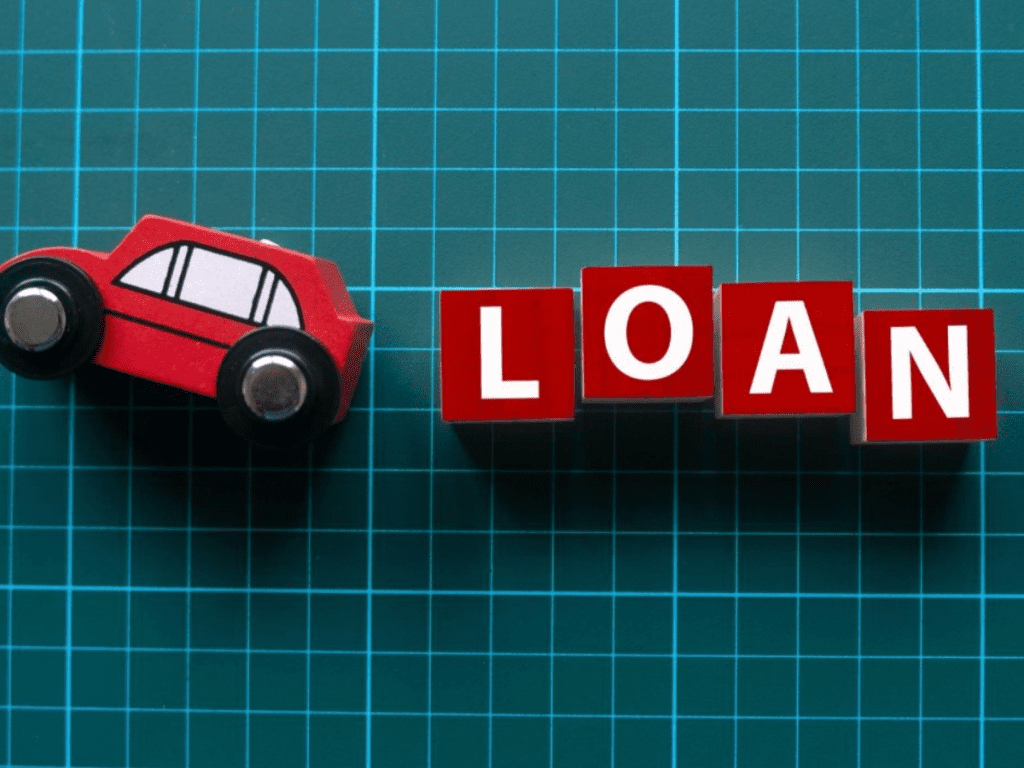Introduction
Your credit score plays a significant role in many aspects of your financial life. Whether you’re buying a home, applying for a credit card, or even renting an apartment, your credit score is often one of the primary factors lenders and service providers use to assess your financial trustworthiness. Among the many areas that a credit score influences, auto loans and insurance rates are two key areas where it can have a profound impact. In this article, we’ll explore how your credit score affects both auto loans and insurance rates and why it’s important to understand this relationship when making financial decisions.
What is a Credit Score?
A credit score is a numerical representation of your creditworthiness, which is calculated based on your credit history. The score is typically a number ranging from 300 to 850, with higher numbers indicating better creditworthiness. Several factors contribute to the calculation of your credit score, including:
- Payment History (35%): Whether you’ve paid your bills on time.
- Credit Utilization (30%): The amount of credit you’re using relative to your credit limit.
- Length of Credit History (15%): How long you’ve had credit accounts open.
- Types of Credit (10%): The variety of credit accounts you have, such as credit cards, installment loans, and mortgages.
- Recent Inquiries (10%): How often you’ve applied for credit recently.
There are several types of credit scores, with FICO being the most widely used. However, other scoring models, such as VantageScore, are also commonly used by lenders.
How Your Credit Score Affects Auto Loans
When you apply for an auto loan, lenders use your credit score to assess the risk of lending to you. The lower your credit score, the higher the risk for the lender, as it indicates that you may have a history of missed payments or poor financial habits. This, in turn, can affect the terms of your loan, including the interest rate and loan approval itself.
Loan Approval
For individuals with higher credit scores, getting approved for an auto loan is typically easier. Lenders are more likely to view them as reliable borrowers, as they have a history of managing debt responsibly. On the other hand, individuals with lower credit scores may find it more difficult to get approved for an auto loan. If you have a credit score in the “fair” or “poor” range, you may face rejections or be offered only subprime loans.
A subprime auto loan is a loan given to borrowers with low credit scores. These loans come with higher interest rates to compensate the lender for the higher risk of default. If you’re denied an auto loan due to a low credit score, you may need to work on improving your credit before reapplying.
Interest Rates
Your credit score also plays a major role in determining the interest rate on your auto loan. Lenders typically offer lower interest rates to borrowers with higher credit scores because they are seen as less risky. For example, if you have a credit score above 700, you might qualify for an interest rate as low as 3% to 4% for a new car loan. However, if your credit score is below 600, you might face an interest rate of 15% or higher, depending on the lender and your overall financial situation.
The difference in interest rates can have a significant impact on the total cost of your auto loan over time. For instance, let’s assume you’re financing a $25,000 car loan for five years. If you have a good credit score and secure an interest rate of 4%, your monthly payment might be around $460. But if your credit score is poor and your interest rate jumps to 15%, your monthly payment could rise to approximately $590. Over the life of the loan, this can add up to thousands of dollars in extra interest payments.
Loan Terms
The length of your auto loan can also be influenced by your credit score. While many lenders offer loan terms ranging from 36 months to 72 months, individuals with lower credit scores may be limited to shorter loan terms or offered loans with less favorable terms. A shorter loan term means higher monthly payments, but it also means you’ll pay off the loan more quickly and pay less in total interest. If you’re able to secure a loan with a longer term, your monthly payments will be lower, but you may end up paying more in interest over time.
How Your Credit Score Affects Auto Insurance Rates
While your credit score is often associated with loans and credit cards, it can also impact your auto insurance premiums. In fact, in many states, insurance companies use your credit score as one of the factors in determining how much you’ll pay for auto insurance. This is because insurers view individuals with higher credit scores as more responsible and less likely to file a claim, whereas those with lower credit scores may be seen as higher-risk drivers.
Why Do Insurance Companies Use Credit Scores?
Insurance companies use credit scores to assess the likelihood that you’ll file a claim. While it may seem unrelated to driving habits, studies have shown a correlation between credit scores and the likelihood of filing an insurance claim. Drivers with lower credit scores are statistically more likely to have accidents or make frequent claims, which leads insurers to charge them higher premiums.
This practice is known as “credit-based insurance scoring.” Insurance companies use it to determine not only your eligibility for coverage but also the cost of that coverage. Just as with auto loans, the better your credit score, the lower your insurance premium is likely to be.
The Impact of Credit Scores on Insurance Premiums
Your credit score can influence your insurance premiums significantly, especially if your score falls below 600. A poor credit score can result in higher rates because the insurer considers you to be a higher risk. In contrast, if you have a high credit score (above 700), you’re more likely to qualify for lower premiums because insurers view you as a lower-risk driver.
In some cases, the difference in premiums can be substantial. For example, drivers with excellent credit may pay $1,200 per year for auto insurance, while drivers with poor credit could pay $2,000 or more. That’s a difference of $800 annually, which can add up over time.
How Much Does Your Credit Score Really Affect Insurance Rates?
The impact of your credit score on your insurance rates can vary depending on your location and the insurance company. Some states, such as California, Hawaii, and Massachusetts, have banned the use of credit scores for determining auto insurance premiums. In these states, insurers cannot consider your credit score when calculating your rates. However, in most other states, your credit score is a key factor in determining your premium.
In addition to your credit score, other factors that influence your insurance premiums include:
- Driving history: Accidents, violations, and claims.
- Type of vehicle: The make, model, and year of your car.
- Location: Where you live and drive.
- Coverage options: The type of coverage you choose, such as liability, comprehensive, and collision.
How to Improve Your Credit Score for Better Insurance Rates
If you’re looking to improve your insurance rates, boosting your credit score can be a good starting point. Here are a few ways to improve your credit score:
- Pay bills on time: Your payment history makes up the largest portion of your credit score, so making timely payments is crucial.
- Reduce credit card debt: Lowering your credit card balances can help improve your credit utilization ratio.
- Avoid opening new credit accounts: Each time you open a new account, a hard inquiry is placed on your credit report, which can temporarily lower your score.
- Monitor your credit report: Regularly check your credit report for errors or fraudulent activity that could negatively impact your score.
Conclusion
Your credit score can have a significant impact on both your auto loan and insurance rates. Lenders and insurers use your credit score to assess your risk, and as such, a higher score often leads to better financial outcomes, such as lower interest rates and more affordable premiums. Conversely, a lower credit score can result in higher costs and even difficulty securing loans or insurance coverage.
Given the importance of credit in these areas, it’s crucial to monitor and improve your credit score. By making responsible financial decisions, such as paying bills on time and reducing debt, you can improve your credit score and, in turn, save money on both auto loans and insurance premiums. Understanding how credit scores affect these financial aspects will help you make informed decisions and secure better terms when purchasing a vehicle or auto insurance.
In short, a good credit score is not only beneficial for securing loans at favorable rates but also for ensuring you get the best possible deal on your auto insurance. If you haven’t already, it’s time to take control of your credit and use it to your advantage.

